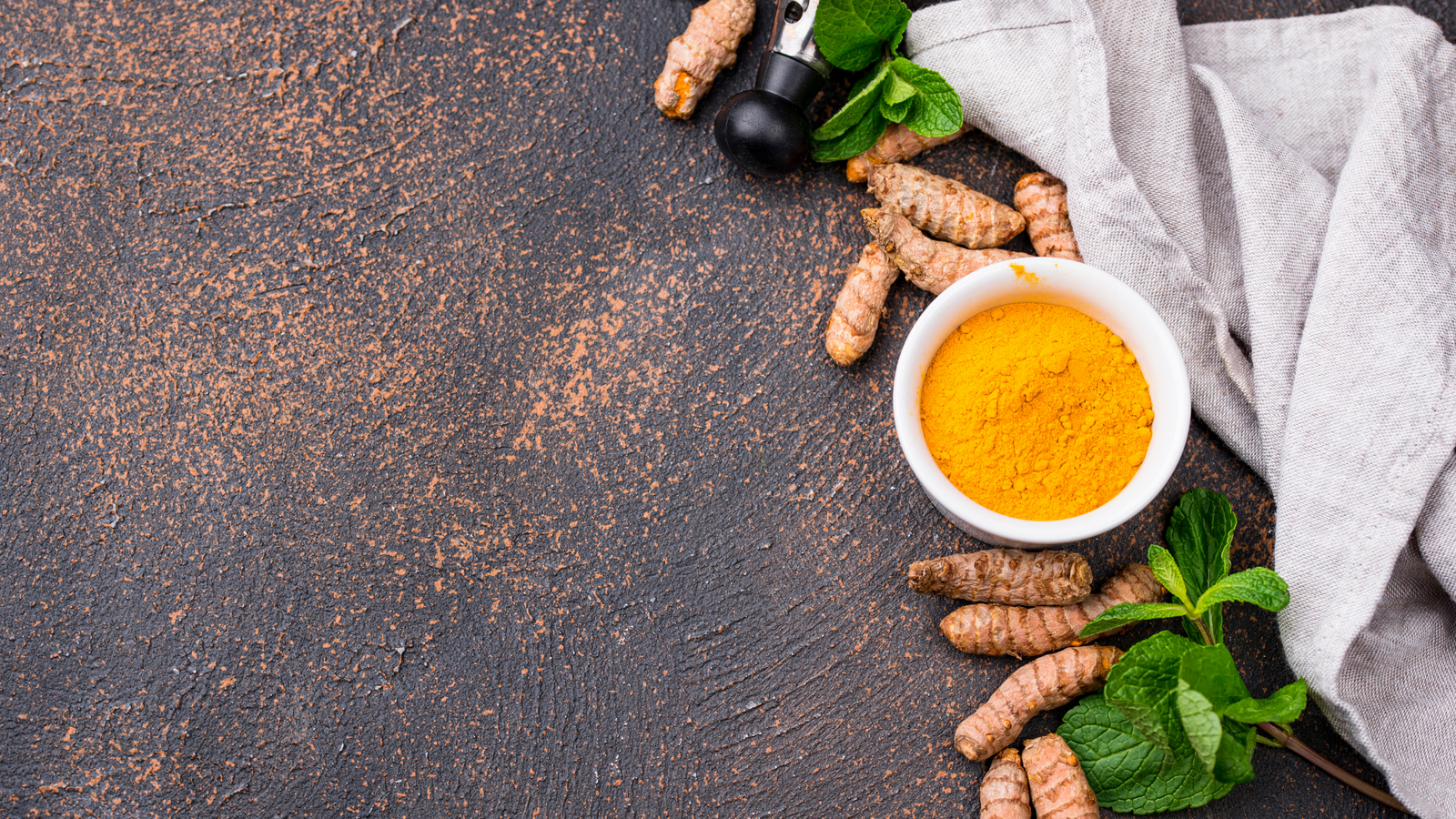Did you know that acute inflammation is actually a good thing? It’s one of the many tools that our body uses to protect us.
Think about pain generally. We tend to think of pain as bad, but if we never felt pain, we wouldn’t know when we were accidentally cutting ourselves or burning our hands on the stove. Pain serves a very important purpose – it tells us, “Whatever you’re doing, stop it!”
Inflammation is similar. When we injure ourselves, inflammation is one of the body’s first responses. When you stub your toe, for example, the injured cells release chemicals to tell the immune system that there is a problem. The immune system then sends an inflammatory response to the site of the injury, and this response causes the telltale signs of inflammation – swelling, redness, and pain. But while these symptoms are uncomfortable, the inflammatory response is actually hard at work isolating infection, expelling toxins, and otherwise helping your body heal itself.
Inflammation can start to cause problems when the body gets carried away.
There are two types of inflammation: acute and chronic. Acute inflammation refers to inflammation that appears at the site of an injury and resolves itself in a matter of days. Chronic inflammation occurs when the body encounters a problem that it isn’t able to heal, whether due to an internal miscommunication or a chronic illness. When inflammation gets misdirected or persists, it can contribute to serious problems.
For example, placing stress on the joints — which can be the result of repetitive motion, obesity, or the natural aging process – can cause the joints to be constantly inflamed. This heightened state of immune system response can lead to lasting damage that can include altered cell signal pathways, the creation of free radicals, a build up of plaque on joints and in arteries, and cell damage.
All of these problems can lead to the initiation or worsening of diseases like diabetes, heart disease, neurodegenerative diseases like Alzheimer’s, inflammatory bowel disease (IBD), and some forms of cancer.
The good news is that there are a lot of ways that you can help your body keep its inflammation response in check and reduce any chronic inflammation you might be dealing with.
The first steps are a healthy lifestyle, which includes a balanced diet and regular exercise. Practicing yoga or regular stretching can help keep the body limber and stave off injury. Stay away from cigarettes and talk to your doctor about how to keep your weight at a healthy level.
You should also consider an anti-inflammation diet. Lots of foods have natural anti-oxidants and anti-inflammatory properties, such as turmeric. Curcumin – the active compound in turmeric – has been shown to reduce inflammation throughout the body. Some scientists even believe that Indian people have a lower prevalence of Alzheimer’s because the standard Indian diet is rich in turmeric. Anti-inflammatory foods and drinks are a simple way to help your immune system work the way that it’s supposed to.
To learn more about chronic inflammation, check out these helpful resources: Cleveland Clinic, WebMD, LiveScience, for more information on Curcumin and inflammatory diseases. And don’t forget to drink a bottle of ZYN today! Every tasty serving has your daily dose of anti-inflammatory curcumin.
*These statements have not been evaluated by the Food and Drug Administration. The products are not intended to diagnose, treat, cure, or prevent any disease.







